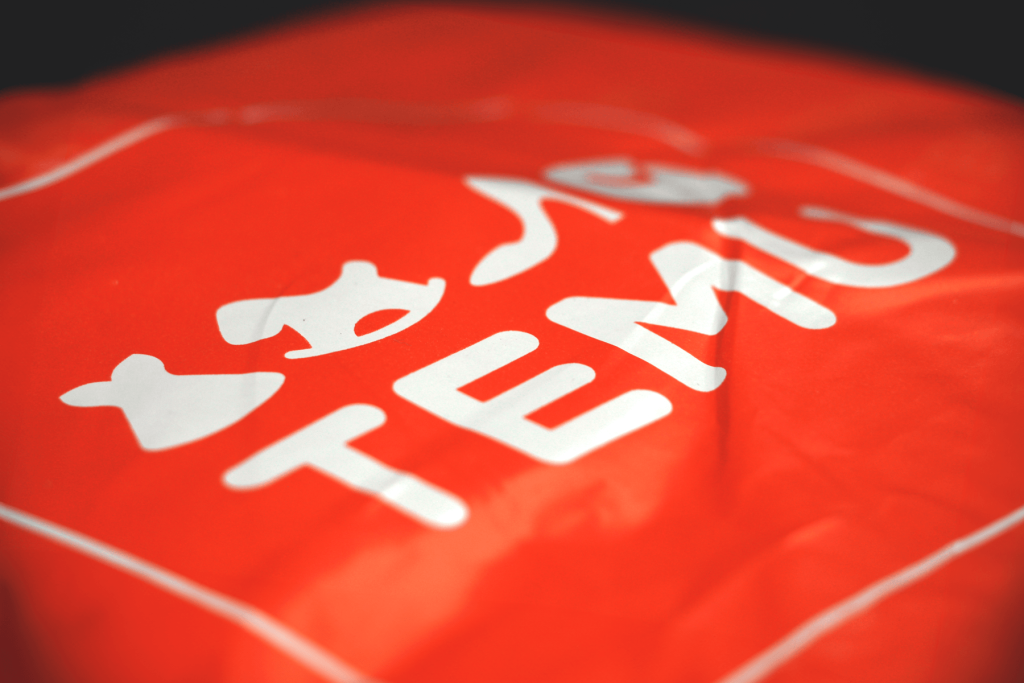The sudden appearance of substantial import charges on orders from the popular e-commerce platform, Temu. Known for its incredibly low prices, Temu’s recent implementation of fees, sometimes reaching as high as 145% of the order value, has understandably led to Temu’s Steep 145% Import Charge Triggers Consumer Outrage in America. Let’s break down what’s happening.

What are These Import Charges and Why Now?
They are a direct response to U.S. tariff policies concerning goods imported from China. Reports indicate these tariffs can be exceptionally high, potentially up to 145% (source: LiveNowFox, source: TheStreet).
Temu has added a disclaimer on its platform to explain these costs, stating: “Items imported into the U.S. may be subject to import charges. These charges cover all customs-related processes and costs, including import fees paid to customs authorities on your behalf. The amount listed may not represent the actual amount paid to customs authorities.” (source: TheStreet).
It’s crucial to understand, as clarified on Temu’s site, that these import surcharges typically apply only to products shipped directly from overseas, not those already stocked in local U.S. warehouses. For items shipped locally, the message is clear: “No import charges for all local warehouse items and no extra charges upon delivery.” (source: Modern Retail).
Sticker Shock: The Real Impact on Customer Wallets
The primary driver of the current consumer outrage in America stems from the sheer magnitude of these unexpected fees. Customers accustomed to Temu’s bargain prices are now facing final costs that can be more than double the original item prices.
We’re seeing numerous reports of this sticker shock online. For instance, on Reddit forums like r/TemuThings, shoppers are sharing their frustrations. One user highlighted an order initially costing $30.15 ballooning to $76.56 after a hefty $44.60 import fee was added (source: Modern Retail). Another shared evidence of a $41.24 import charge tacked onto a $27.97 order (source: Modern Retail). These aren’t minor adjustments; they fundamentally change the value proposition for shoppers.
Consumer Backlash and Shifting Sentiments
The reaction has been swift and strong. The Temu subreddit and other online spaces are filled with complaints from American customers blindsided by these additional costs (source: Modern Retail). This sudden change has led some previously loyal customers to declare they will no longer use the app (source: Modern Retail). This level of dissatisfaction poses a significant challenge for Temu’s reputation and customer retention in the U.S. market.

How Does Temu Compare to Shein?
It’s interesting to note the different approaches taken by Temu and its major competitor, Shein, both facing the same tariff pressures. While Temu adds the import charge as a separate line item at checkout, Shein appears to have incorporated these costs into the product prices themselves. Shein’s checkout includes a message reassuring customers: “Tariffs are included in the price you pay. You’ll never have to pay extra at delivery.” (source: TheStreet).
This difference in transparency and presentation might explain why the public outcry seems more focused on Temu currently (source: Modern Retail). Industry analysts also suggest that Shein, with its established brand recognition and loyal following, might be better positioned to weather these price increases compared to Temu (source: Modern Retail). Furthermore, Shein primarily competes against retailers like H&M and Zara, which generally have higher price points to begin with (source: Modern Retail).
Conclusion
In summary, Temu’s decision to pass on tariff-related costs via explicit import charges has undeniably caused significant sticker shock and frustration among its U.S. customer base. While driven by external trade policies, the way these charges have been implemented is fueling the Temu’s Steep 145% Import Charge Triggers Consumer Outrage in America. With prices potentially doubling, customers are rightfully questioning the platform’s value proposition (source: TheStreet).




